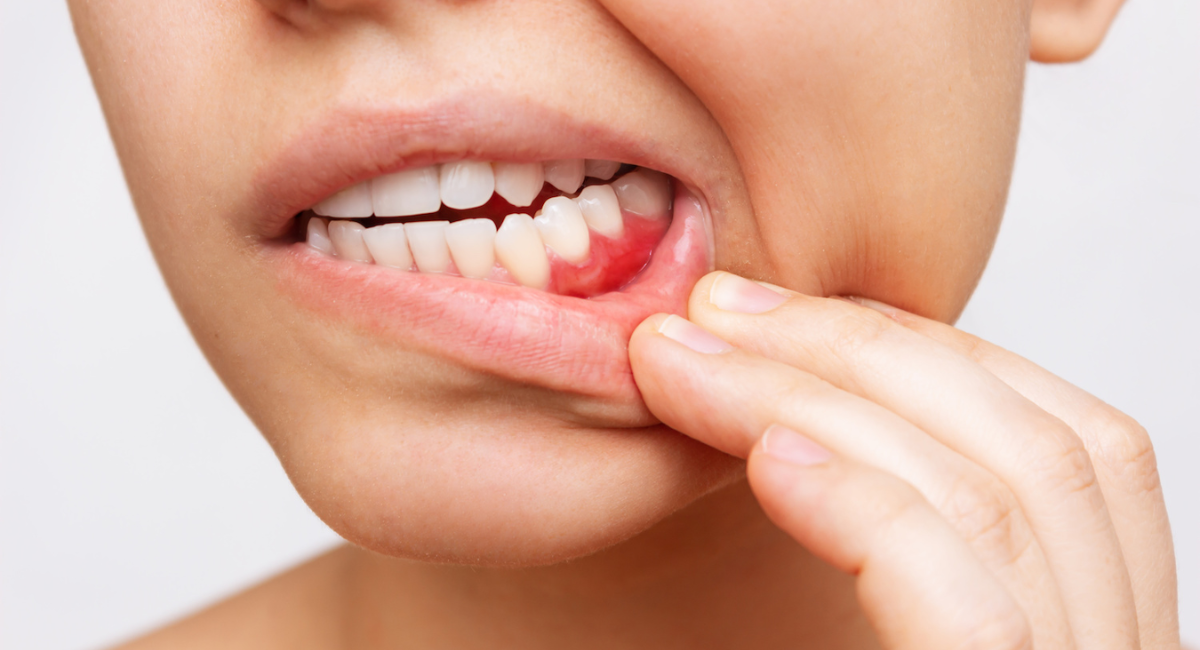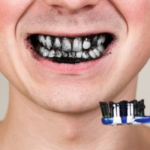Gum Bleeding Emergency? Here’s What to Do Before You See Your Dentist
Gum bleeding can be alarming, especially when it happens suddenly and without warning. Whether it’s during brushing, flossing, or spontaneously, sudden gum bleeding might signal an urgent periodontal care issue.
While it’s essential to consult an emergency dentist immediately, knowing how to manage the situation before your appointment can make a significant difference.
Here, we will guide you through the causes, effective measures, and key steps you can take to handle a gum bleeding emergency safely.
Common Causes of Sudden Gum Bleeding
Understanding the causes of gum bleeding can help you determine its urgency. Some of the most common reasons include:
- Gingivitis: The early stage of gum disease, often caused by plaque buildup, leading to inflammation and bleeding.
- Periodontitis: A more severe form of gum disease that affects the tissues and bones supporting the teeth.
- Aggressive Brushing or Flossing: Using excessive force can damage sensitive gums.
- Vitamin Deficiencies: A lack of vitamin C or K can make gums more prone to bleeding.
- Hormonal Changes: Pregnancy, puberty, or menopause can make gums more sensitive and susceptible to bleeding.
- Blood Thinners or Other Medications: Certain medications can affect blood clotting, leading to unexpected bleeding.
- Infections: Bacterial, viral, or fungal infections can cause gum inflammation and bleeding.
If you are uncertain about the cause or the bleeding does not stop, you need to consult an emergency dentist promptly.
Immediate Steps to Manage Gum Bleeding
If you are experiencing a gum bleeding emergency, here are practical steps you can take to minimise bleeding and discomfort before visiting your dentist:
- Rinse with Warm Salt Water
- Mix half a teaspoon of salt in a glass of lukewarm water.
- Gently rinse your mouth for 30 seconds to reduce bacteria and inflammation.
- Repeat this process 2-3 times throughout the day.
- Apply Gentle Pressure
- Use a clean, damp gauze or cloth to apply gentle pressure on the bleeding area.
- Hold for 10-15 minutes or until the bleeding slows.
- Use an Ice Pack
- Apply a cold compress or an ice pack on the outside of your cheek near the bleeding gums.
- The cold helps constrict blood vessels and reduces bleeding and swelling.
- Stay Upright
- Avoid lying down as it can increase blood flow to the gums and prolong bleeding.
- Avoid Irritants
- Refrain from smoking or consuming alcohol, as these can irritate the gums and worsen the bleeding.
- Drink Plenty of Water
- Staying hydrated helps flush toxins from the body and keeps your mouth clean.
- Use a Soft-Bristled Toothbrush
- Switch to a soft-bristled toothbrush and brush gently to prevent further irritation.
These steps can offer temporary relief and minimise discomfort. However, if the bleeding persists, it’s a sign of a potentially serious issue, requiring urgent periodontal care.
When to Seek Help from an Emergency Dentist?
While mild gum bleeding may sometimes resolve with proper care, persistent or excessive bleeding should never be ignored. You should seek immediate assistance from an emergency dentist if:
- The bleeding lasts for more than 15-20 minutes despite applying pressure.
- You experience swelling, pain, or pus around the gums.
- The bleeding occurs frequently without a clear cause.
- You have loose teeth or notice gum recession.
- There is prolonged bleeding following dental trauma or injury.
An emergency dentist will assess your situation thoroughly and provide appropriate treatment to stop the bleeding and address the underlying cause.
Preventing Future Gum Bleeding Emergencies
Once the immediate issue is resolved, maintaining proper oral hygiene can prevent sudden gum bleeding in the future. Here are some essential tips to follow:
- Brush Twice a Day: Use a soft-bristled toothbrush and fluoride toothpaste to clean your teeth and gums gently.
- Floss Daily: Regular flossing removes plaque and food particles that can irritate the gums.
- Use an Antiseptic Mouthwash: Rinsing with a dentist-recommended mouthwash helps reduce bacteria and keeps gums healthy.
- Maintain a Balanced Diet: Include foods rich in vitamins C and K to strengthen gum tissue.
- Stay Hydrated: Drinking water throughout the day helps flush away harmful bacteria.
- Avoid Tobacco Products: Smoking weakens gum health and increases the risk of gum disease.
- Visit Your Dentist Regularly: Schedule routine check-ups and professional cleanings every six months.
By adopting these habits, you can maintain healthy gums and reduce the likelihood of future emergencies.
Why Urgent Periodontal Care is Crucial?
Ignoring gum bleeding can lead to more severe dental issues, such as advanced gum disease, tooth loss, or systemic health problems. Gum health is directly linked to your overall well-being, and any persistent symptoms should be addressed promptly.
Emergency dentists specialise in treating sudden gum bleeding and other urgent dental issues. With professional care, they can:
- Stop the bleeding effectively.
- Identify the root cause of the problem.
- Provide treatment to restore gum health.
- Offer advice on preventing similar issues in the future.
Timely intervention can save you from long-term complications and ensure a healthier smile.
Act Quickly to Protect Your Gum Health
A gum bleeding emergency can be distressing, but acting quickly and following the right steps can help manage the situation effectively. While home remedies provide temporary relief, it’s essential to consult an emergency dentist to address the underlying cause and receive proper treatment.
If you’re experiencing sudden gum bleeding, don’t wait. Contact us now to schedule your urgent periodontal care appointment and let us help you regain your healthy smile.



